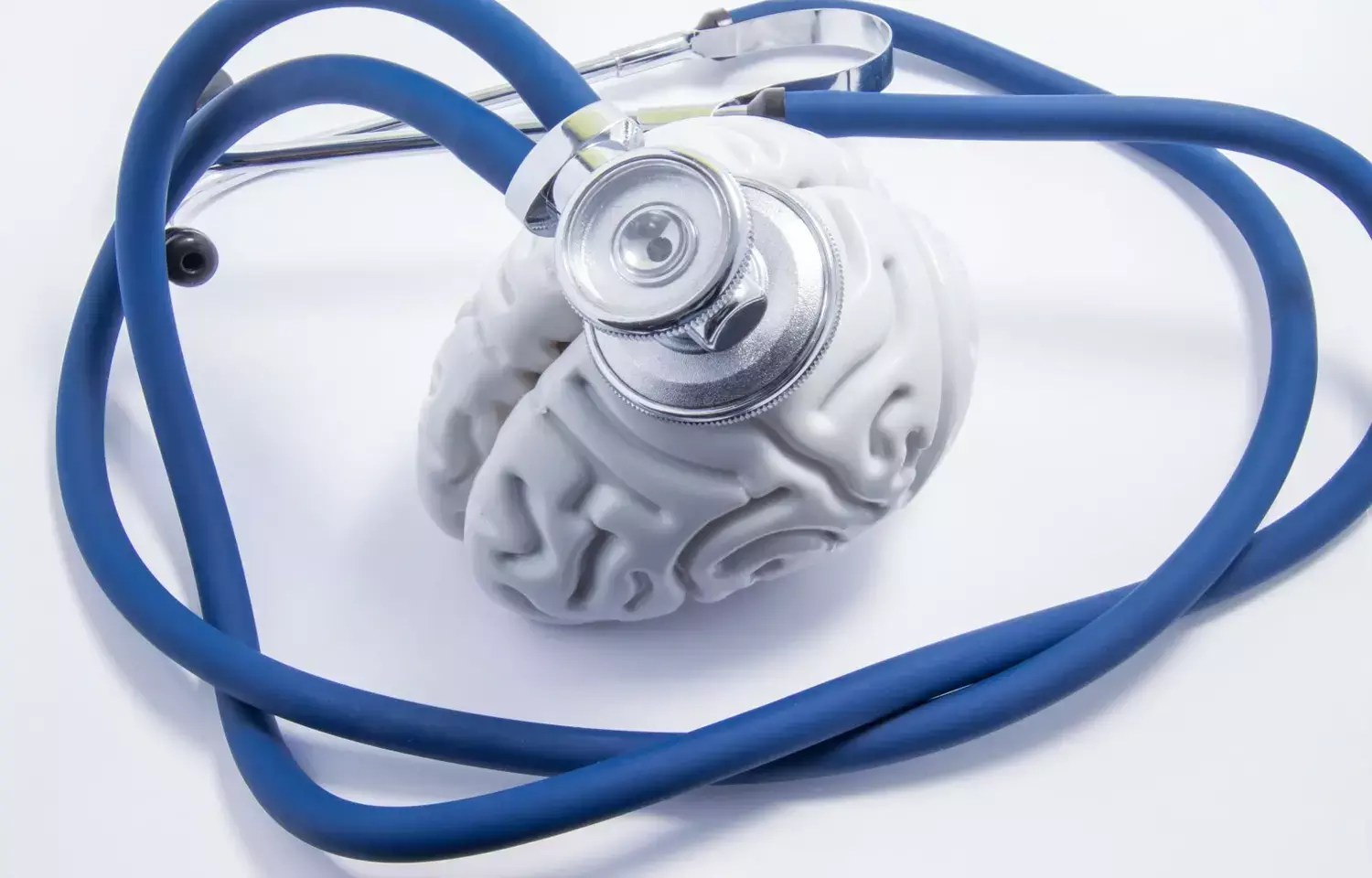- Home
- Medical news & Guidelines
- Anesthesiology
- Cardiology and CTVS
- Critical Care
- Dentistry
- Dermatology
- Diabetes and Endocrinology
- ENT
- Gastroenterology
- Medicine
- Nephrology
- Neurology
- Obstretics-Gynaecology
- Oncology
- Ophthalmology
- Orthopaedics
- Pediatrics-Neonatology
- Psychiatry
- Pulmonology
- Radiology
- Surgery
- Urology
- Laboratory Medicine
- Diet
- Nursing
- Paramedical
- Physiotherapy
- Health news
- Fact Check
- Bone Health Fact Check
- Brain Health Fact Check
- Cancer Related Fact Check
- Child Care Fact Check
- Dental and oral health fact check
- Diabetes and metabolic health fact check
- Diet and Nutrition Fact Check
- Eye and ENT Care Fact Check
- Fitness fact check
- Gut health fact check
- Heart health fact check
- Kidney health fact check
- Medical education fact check
- Men's health fact check
- Respiratory fact check
- Skin and hair care fact check
- Vaccine and Immunization fact check
- Women's health fact check
- AYUSH
- State News
- Andaman and Nicobar Islands
- Andhra Pradesh
- Arunachal Pradesh
- Assam
- Bihar
- Chandigarh
- Chattisgarh
- Dadra and Nagar Haveli
- Daman and Diu
- Delhi
- Goa
- Gujarat
- Haryana
- Himachal Pradesh
- Jammu & Kashmir
- Jharkhand
- Karnataka
- Kerala
- Ladakh
- Lakshadweep
- Madhya Pradesh
- Maharashtra
- Manipur
- Meghalaya
- Mizoram
- Nagaland
- Odisha
- Puducherry
- Punjab
- Rajasthan
- Sikkim
- Tamil Nadu
- Telangana
- Tripura
- Uttar Pradesh
- Uttrakhand
- West Bengal
- Medical Education
- Industry
CBT with transcranial direct current stimulation brings positive outcomes against depression: JAMA

Germany: In a new trial conducted by Sabine Aust and team it was shown that a 6-week routine of transcranial direct current stimulation (tDCS) - augmented cognitive-behavioral therapy (CBT) was successful and sustainable, well-tolerated, and viable in group settings with stimulation quality supervised remotely. This establishes the way for future resource-saving treatment scenarios outside of traditional inpatient and outpatient settings. The findings of this study were published in the Journal of American Medical Association.
Globally, approximately 10% of the population suffers from major depressive disorder (MDD). Nearly 20% to 30% of patients with MDD do not respond adequately to standard treatment. As a result, more effective therapy strategies are required. As a result, the purpose of this study was to see if concurrent transcranial direct current stimulation could improve the efficacy of cognitive-behavioral therapy for the treatment of MDD.
Psychotherapy Plus was a double-blind, placebo-controlled randomized clinical trial conducted at six national university hospitals. Adults between the ages of 20 and 65 with a single or recurrent depressive episode were qualified. They were either not expecting to receive medication or were on a consistent antidepressant medication regimen. A total of 148 women and men were randomly assigned to one of three groups: CBT alone (group 0), CBT plus tDCS (group 1), and CBT plus sham-tDCS (group 47). (group 2).
The primary outcome in the intention-to-treat sample was the change in Montgomery-asberg Depression Rating Scale (MADRS) score from baseline to post-treatment.
The key findings of this study were as follows:
1. There were 148 patients in total who were randomly assigned. The study was completed by 126 of these patients.
2. Intervention was able to decrease MADRS scores by a mean of 6.5 points in each of the intervention groups.
3. The Cohen d value was –0.90, indicating that the effect was significant over time.
4. However, there was no significant group effect and no significant group time interaction, indicating that the approximate additive effects were not statically important.
5. There were no serious adverse events throughout the trial, and there were no substantial differences in self-reported adverse effects between groups 1 and 2.
In conclusion, relying on MADRS score adjustments, this trial did not show that tDCS-enhanced CBT was more effective than two CBT control conditions. The study found that combining CBT and tDCS is both safe and feasible.
Reference:
Aust S, Brakemeier E, Spies J, et al. Efficacy of Augmentation of Cognitive Behavioral Therapy With Transcranial Direct Current Stimulation for Depression: A Randomized Clinical Trial. JAMA Psychiatry. Published online April 20, 2022. doi:10.1001/jamapsychiatry.2022.0696
Medical Dialogues consists of a team of passionate medical/scientific writers, led by doctors and healthcare researchers. Our team efforts to bring you updated and timely news about the important happenings of the medical and healthcare sector. Our editorial team can be reached at editorial@medicaldialogues.in.
Dr Kamal Kant Kohli-MBBS, DTCD- a chest specialist with more than 30 years of practice and a flair for writing clinical articles, Dr Kamal Kant Kohli joined Medical Dialogues as a Chief Editor of Medical News. Besides writing articles, as an editor, he proofreads and verifies all the medical content published on Medical Dialogues including those coming from journals, studies,medical conferences,guidelines etc. Email: drkohli@medicaldialogues.in. Contact no. 011-43720751


